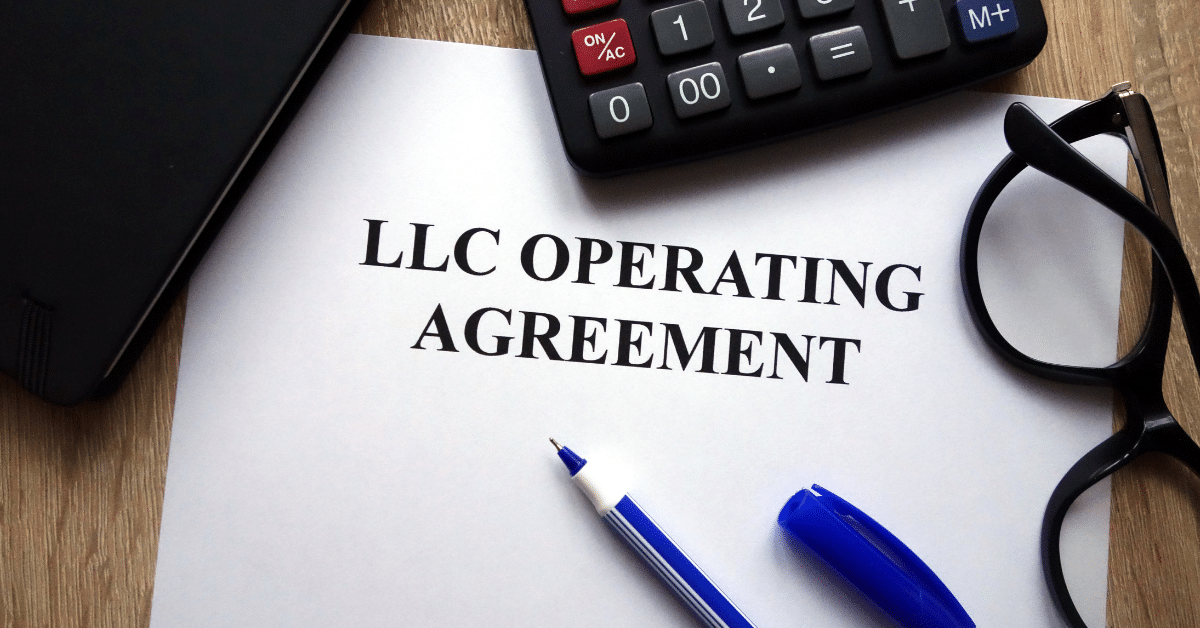Do you want to start a business? If so, there are different legal business entities for you to choose from. LLCs (Limited Liability Companies) are among the most popular ones. No matter the business entity you choose, you need to protect yourself and the business.
Did you know getting sued when in business is very easy? You do not have to be bad to find yourself in court. The simple act of running a business means that you are open to different lawsuits, especially when dealing with the public.
What is an LLC
LLC stands for Limited Liability Company. It is a type of business entity that combines the limited liability protection of a corporation with the flexibility and tax benefits of a partnership.
An LLC is a legal entity that is separate from its owners, who are referred to as members. As a result, members are generally not personally responsible for the debts and liabilities of the LLC.
LLCs are often preferred by small business owners because they offer several advantages over other business structures, including:
- Limited liability protection for owners
- Pass-through taxation, meaning that the business itself is not taxed and instead, the profits and losses are passed through to the owners who report them on their personal tax returns
- Flexibility in management structure and ownership
- No restrictions on the number or type of owners
The specific rules and regulations governing LLCs vary by state, so it’s important to research the requirements and laws in the state where the LLC will be formed.
So, how can you protect yourself and your business with an LLC? Here is how.
Ensure Your LLC is Independent

What do you think mixing your personal and business assets could do to you when running an LLC? In case of any issue, you might be liable as an alter ego of the business. This means that if your business is sued, the liability might also be extended to your business.
If you want to avoid these issues, ensure that your personal finances and records are separated from those of your LLC. Start by opening a bank account for the business and get separate credit cards.
All essential documents, including purchase orders, invoices, and contracts should be addressed to or from the LLC and not you. You can only sign the documents on behalf of your business. In addition, ensure that they are sent through your registered agent, not your personal address. You can get a free registered agent service for the first year if you have just started your LLC.
Doing this will mean that your customers or anyone else dealing with your business understand that they are not dealing with you directly but with a registered and independent entity.
Get an LLC Insurance
If you are already running a business, you understand that hitting your business targets is not easy. There are times you might find yourself in challenges that might make you think about closing your business. However, you do not have to.
For instance, getting sued when running an LLC is very common. You might get sued for things such as customer complaints, issues with your company building, or any other wrongdoing.
In such a situation, it might be difficult for your LLC to protect you. Do you know the amount of money you might lose when facing a personal injury lawsuit? You might end up losing a lot of money, both from your company and personal assets.
To protect yourself and the business from such issues, get LLC insurance. This insurance is going to cover your business and yourself.
Get LLC Credit

Do you know why most business owners find themselves in situations where they are liable for the obligations of their businesses? One of the main reasons is that they guarantee loans or leases personally. They make payments when the LLC is not able to do so.
Imagine a situation where you have pledged an asset such as your house as collateral when your LLC is getting a loan. After a few repayments, the LLC does not have enough money and defaults on payments. You might end up losing your house when the creditor wants the debt satisfied.
If you have just started your LLC, you might have to guarantee some payments yourself. However, as you continue operations, ensure that you have avoided any personal guarantees. One way of doing that is getting business credit. Ensure that you have kept clear records of profit and revenue and paid bills without delays.
Do Not Keep Too Much Money in the LLC
If you find yourself in a situation where your LLC is fighting a legal battle, the money in the company is going to be used to pay for damages. Fortunately, your personal assets will remain safe in this situation.
You, however, need to protect your business, not just yourself. It is, therefore, wise to keep only the required amount of money in the LLC. Ensure that you have paid everyone on time and not kept money that does not belong to the company.
However, you should be careful to avoid issues with undercapitalization when transferring money from your company account. You might end up being held personally liable in a court of law in case of a fraudulent money transfer.
How to Form a Limited Liability Company for Your Business

Now that you know the benefits and how forming an LLC can protect you and your business, but how do you do that? What are the steps you need to take to form an LLC? Well, just follow the instructions below…
1. Understand the concept of Limited Liability
When you form an LLC, you create a separate legal entity for your business. This separation between personal and business assets means that if your business is sued or owes debts, your personal assets, such as your car or home, are protected.
2. Choose the right name
When you choose the name for your LLC, make sure it is unique and not already in use. You may also want to consider adding the phrase “LLC” or “Limited Liability Company” to the end of your name to make it clear that you are a separate entity.
3. Register your LLC
You’ll need to file paperwork with your state to register your LLC. This typically involves filing articles of organization and paying a fee. You may also need to obtain certain licenses and permits depending on your business’s location and industry.
4. Create an operating agreement
An operating agreement is a document that outlines the ownership structure and operational procedures of your LLC. While it’s not required by law, it’s a good idea to have one in place to clarify roles, responsibilities, and decision-making processes among members.
5. Obtain necessary licenses and permits
Depending on your industry and location, you may need to obtain additional licenses and permits to operate your business legally. Be sure to research and comply with all relevant regulations.
6. Separate business and personal finances
To maintain the separation between personal and business assets, it’s essential to have separate bank accounts and credit cards for your LLC.
7. Keep accurate records
As an LLC owner, it’s important to keep detailed records of all business transactions and activities. This includes maintaining proper bookkeeping, filing tax returns, and keeping copies of contracts and agreements.
Takeaway
LLCs are popular because they protect business owners from personal liability. However, as you can see above, you need to take extra measures to ensure that you have protected both the business and yourself.







